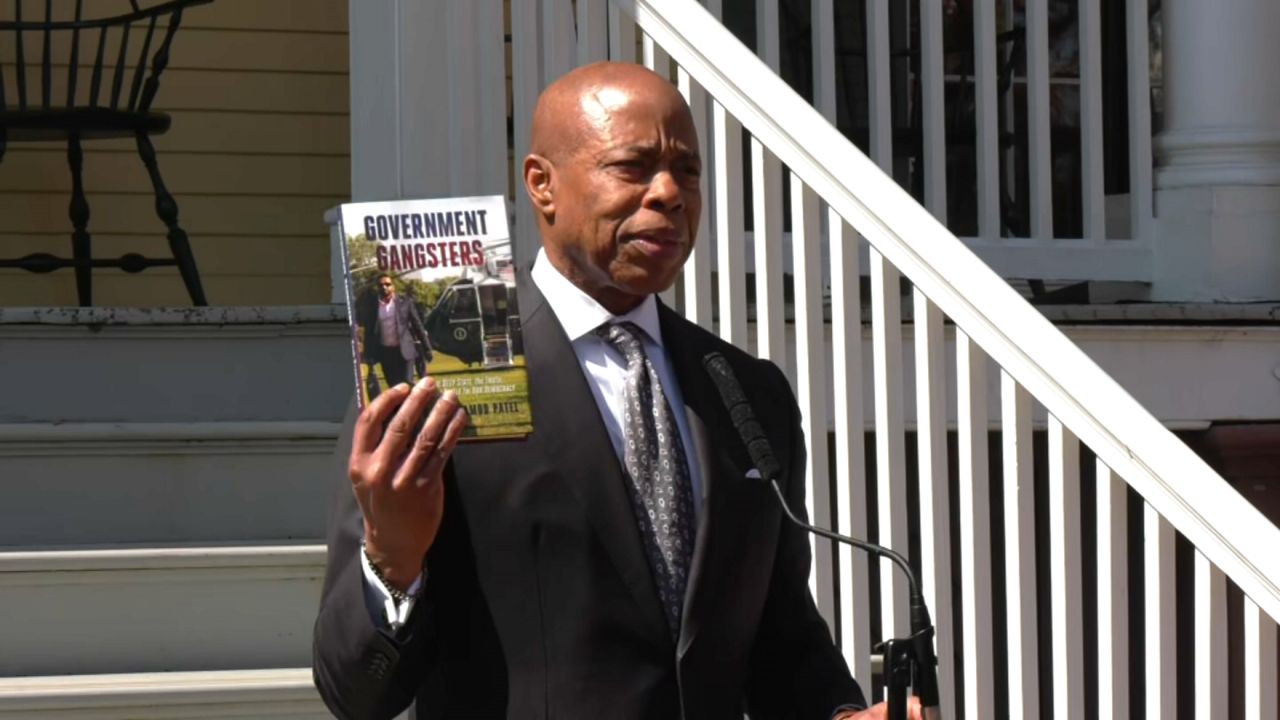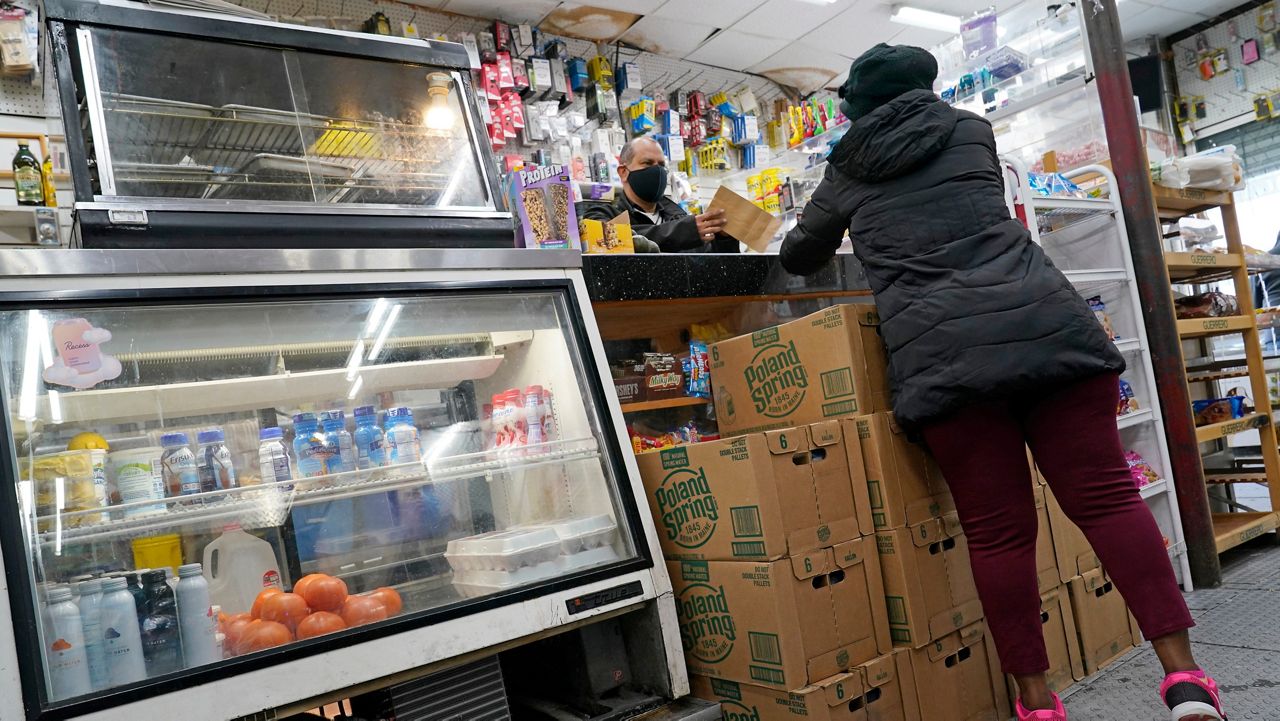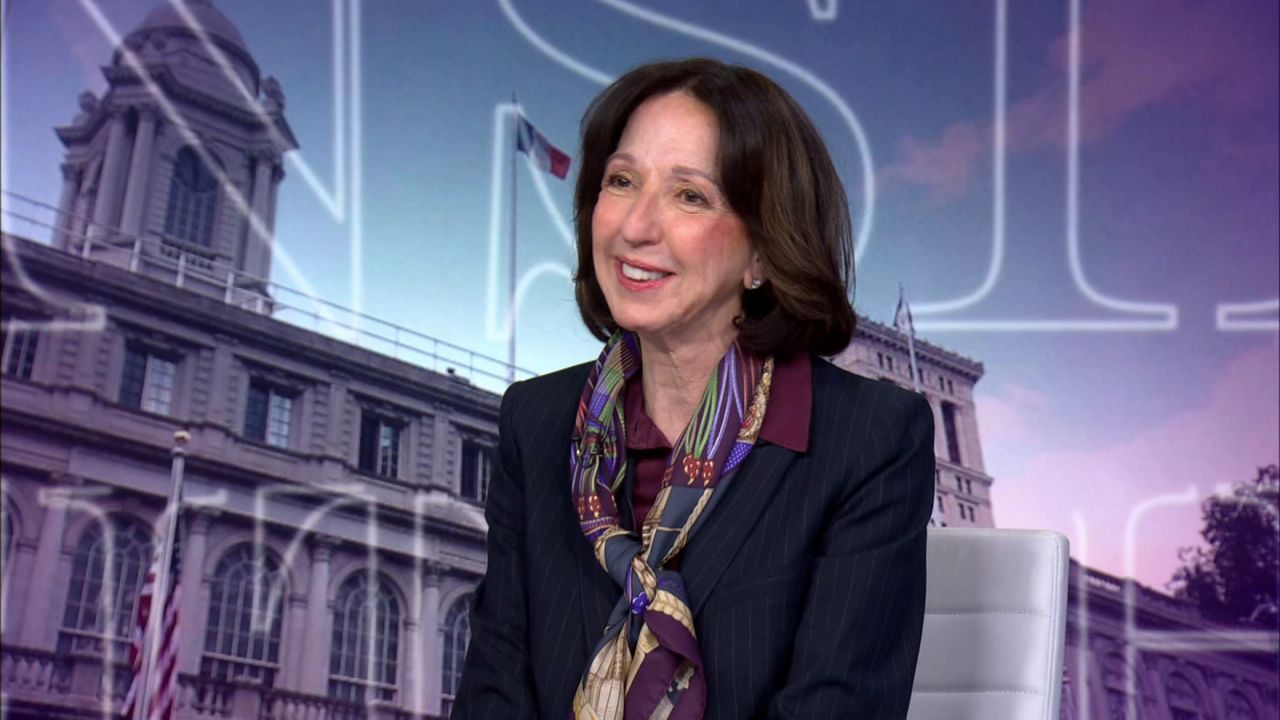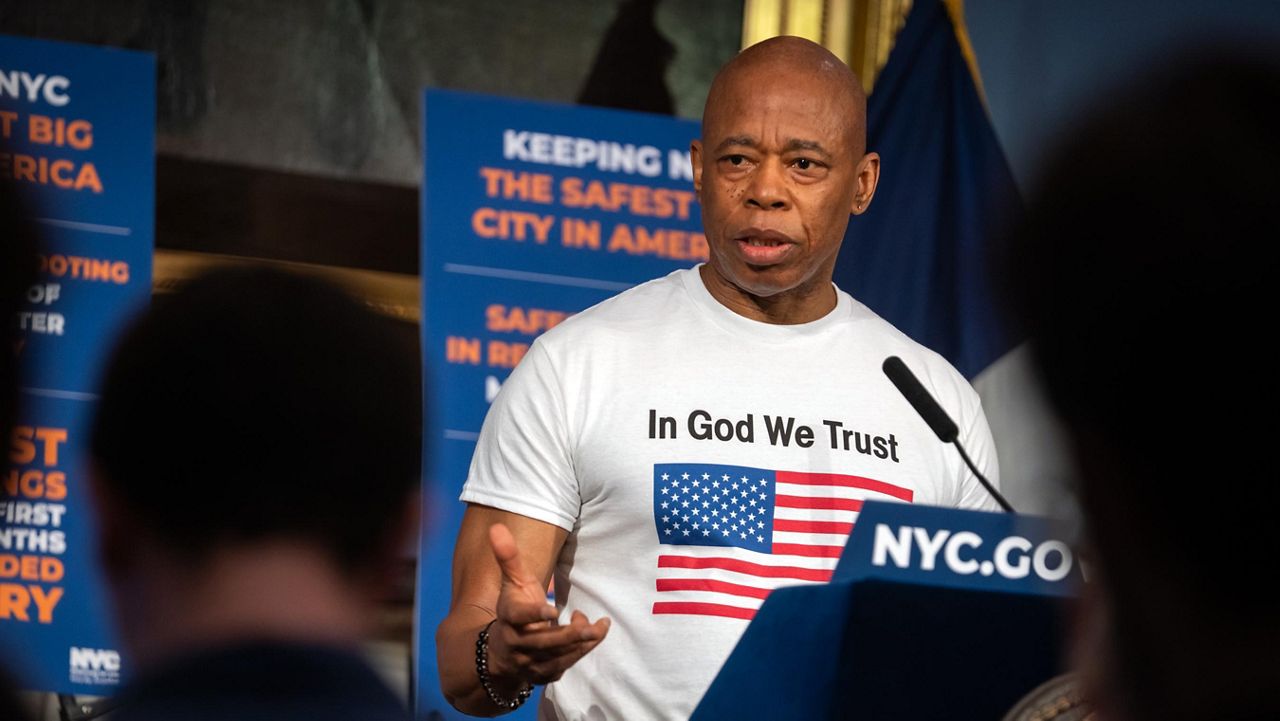Economists expect President Donald Trump’s tariffs to spike the price of everyday goods and services across the board — increasing the financial pain many New Yorkers already feel.
“I have to go to borrow money to pay my bills,” Robinson Obasi said.
What You Need To Know
- Economists expect President Donald Trump’s tariffs to spike the price of everyday goods and services across the board — increasing the financial pain many New Yorkers already feel
- The tariffs are designed to force other countries to negotiate a more balanced trade relationship and stimulate American manufacturing, bringing jobs back to the U.S.
- A Yale University Budget Lab analysis found the April 2 tariff announcement will create an average annual per household loss of $2,100
- Economists say if businesses lose profits from the tariffs, or have to find alternate supply sources, there could be global layoffs
Obasi is worried about being able to afford daily necessities. He’s not alone.
“I was on the line and the lady was complaining ‘$6 for one jar of mayonnaise?’” Suzanna Chin said.
Like so many New Yorkers, Obasi is turning to discount grocery stores due to the rising cost of food and the decreasing hours of work he is receiving.
“I’m hoping on God. I’m hoping on God. That God will do something,” he said.
Suppliers are expected to pass at least some of the extra costs caused by Trump’s tariffs onto consumers so it doesn’t cut into their bottom line.
“We better not spend the money,” Kim He said. “Only buy the grocery, nothing else.”
Trump has argued the pain from tariffs will be short-term and will help balance the federal budget. The tariffs are designed to force other countries to negotiate a more balanced trade relationship and stimulate American manufacturing, bringing jobs back to the U.S.
Some New Yorkers agree the short-term pain is worth a potential long-term gain.
“If we don’t get a good system operating within, throughout the world, equalize the situation, we could have bigger problems down the road,” Jarrad O’Hara said.
“It’s probably going to get worse before it gets better,” Chin said. “Like Donald Trump said it seems like it’s not fair that other people tax us the U.S., you know, export. Why can’t we tax the import to other countries?”
But economists warn the pain won’t be felt across the board equally. Low-income households in particular are expected to feel the pain of price increases with less savings to draw on.
Obasi feels the Trump administration doesn’t care about people like him.
“Yeah I’m angry,” he said. “So, it’s like they don’t know what they’re doing. They don’t know what they’re doing.”
A Yale University Budget Lab analysis found the April 2 tariff announcement will create an average annual per household loss of $2,100. Clothing prices alone are expected to rise 17%.
Economists say if businesses lose profits from the tariffs, or have to find alternate supply sources, there could be global layoffs, which would contribute to unemployment and lower incomes.









